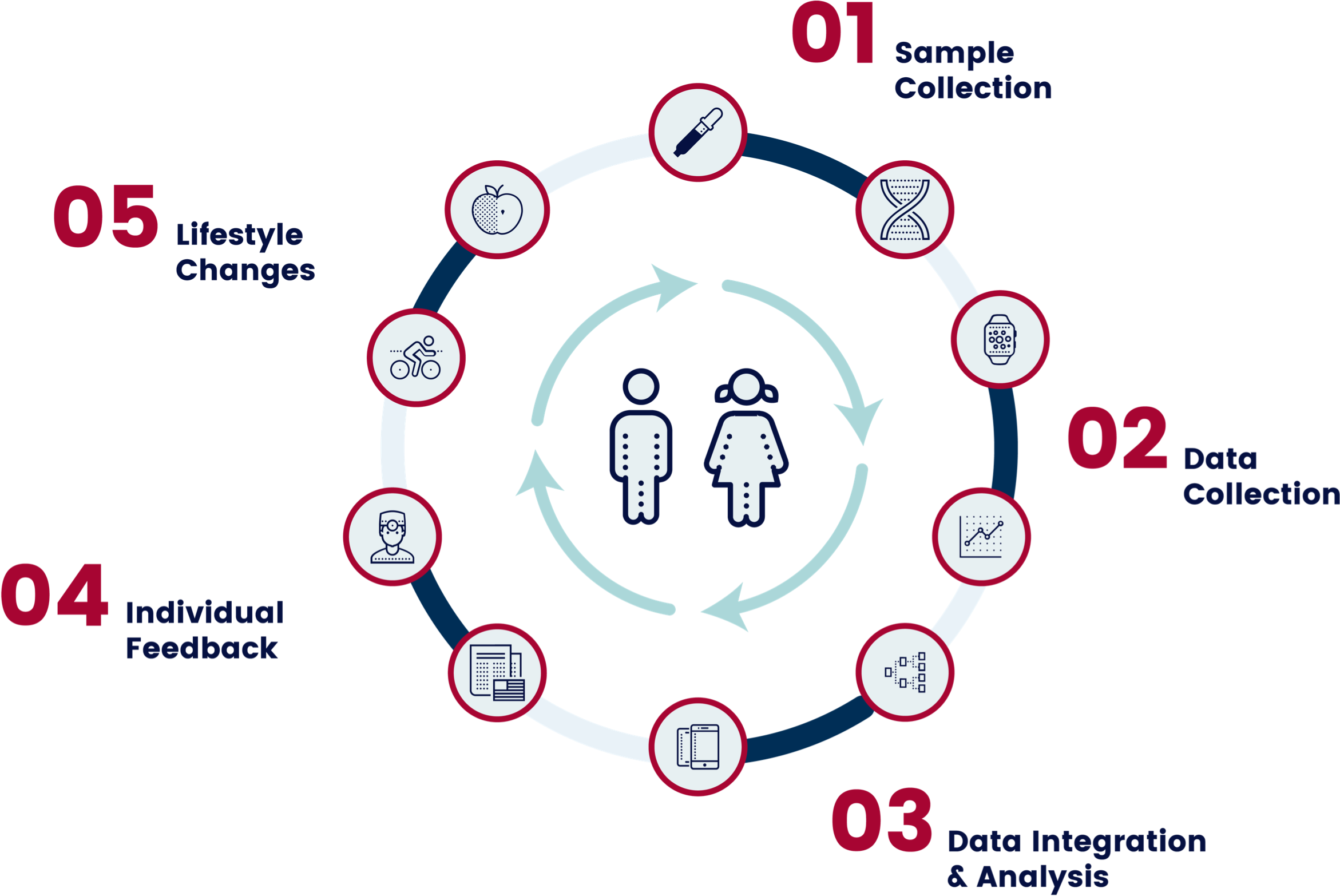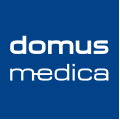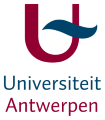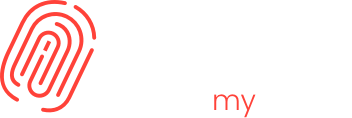What are we doing?
Imagine that we could detect early warning signs in your body, even before symptoms of the disease occur. Imagine that we could prevent or reverse the development of chronic diseases. Imagine that personal prevention would be possible. With the I AM frontier study we have started the I AM my healthTM program, in which we are taking the first steps in a transition: keep people healthy instead of them going for medical advice when symptoms occur. The I AM frontier pilot study runs for 18 months with 30 healthy volunteers, the frontiers, and is all about personal prevention based on systems biology.
01 |
Sample CollectionThe 30 frontiers donate samples (such as blood, saliva, urine, …) on a monthly basis and collect information about physiological parameters (heart rate, sleep pattern, …) and lifestyle (activity, food intake, stress, ...) via questionnaires and wearables. Samples are kept in the biobank to be able to obtain even more data when new and more cost-efficient analytical technologies become available. |
01 |
Sample Collection |
|
The 30 frontiers donate samples (such as blood, saliva, urine, …) on a monthly basis and collect information about physiological parameters (heart rate, sleep pattern, …) and lifestyle (activity, food intake, stress, ...) via questionnaires and wearables. Samples are kept in the biobank to be able to obtain even more data when new and more cost-efficient analytical technologies become available. |
|
02 |
Data generationThanks to new technologies we can simultaneously map the thousands of components that make up a biological system (such as genes, proteins and metabolites), store and manage all related data safely. |
02 |
Data generation |
|
Thanks to new technologies we can simultaneously map the thousands of components that make up a biological system (such as genes, proteins and metabolites), store and manage all related data safely. |
|
03 |
Data analysisWe analyse the data to investigate the interactions between all these biological components at different levels making use of a systems biology approach. All the data are integrated and scientifically interpreted to determine individual risk profiles and to obtain first results on possible markers for the onset of disease. All data are processed according the latest European Privacy Legislation. |
03 |
Data analysis |
|
We analyse the data to investigate the interactions between all these biological components at different levels making use of a systems biology approach. All the data are integrated and scientifically interpreted to determine individual risk profiles and to obtain first results on possible markers for the onset of disease. All data are processed according the latest European Privacy Legislation. |
|
04 |
Personal feedbackFor all the 30 frontiers, the study physician interprets the individual results and gives personalized feedback on their health status. The frontiers can use this feedback to change their lifestyle. |
04 |
Personal feedback |
|
For all the 30 frontiers, the study physician interprets the individual results and gives personalized feedback on their health status. The frontiers can use this feedback to change their lifestyle. |
|

Objectives
The overall objective of the I AM frontier study is exploring the possibility and the necessary conditions to collect and analyse comprehensive integrated multi-omics, clinical and wearables data. Based on these data we prepare for scaling up the cohort, building up a reliable & secure data infrastructure and we are developing skills regarding participant motivation, data collection & analysis and ethical & logistical challenges. We will also gain insights that contribute to solutions for more personalized prevention.
Advance and apply state-of-the-art science
We will set up and test a scalable data infrastructure that allows analyzing large and complex personal datasets with advanced statistical and bio-informatics tools, and combining them with insights from systems biology. We will take the first steps in determining individual normal values, identifying markers and understanding mechanisms of onset of disease and in extracting reliable and usable information from selected markers in order to provide the frontiers with optimal feedback at the right time.
Committed participants and personal feedback
Since our aim is citizen participation, another challenge is recruiting participants and keeping them motivated for further participation. One of the motivators is of course the regular feedback about their health status. Answers we’re looking for include: What exactly should we communicate? Who is best involved in this communication? Does personalized feedback effectively lead to actions of the individual that prevent diseases from initiating or getting worse? But also: What is the impact of this feedback on their health status in the end? All necessary ethical and legal aspects are taken into account.
Optimize logistics for decentralised high-frequent sampling
Collecting samples of a large-scale cohort that is monitored longitudinally is a logistical challenge. Where will the sample collection take place? Who will carry it out? How many and which samples must be taken? How do we store them (short & long term)? What are the legal requirements? ... During the pilot study we want to map these aspects, optimize them for the pilot cohort and propose solutions for future cohort scale-ups.
A unique amount of data
Frontiers donate samples every month. Blood and urine are donated monthly, stool every 6 months, saliva only at the beginning of the study and every 2 months a retina-scan is taken. Throughout the course of the study, participants wear a smartwatch to continuously monitor their physical activity, sleep pattern and heart rate. At the start of the study and after that every 6 months frontiers fill in a large questionnaire about their diet, living environment, lifestyle, illness and health. During the study they can receive a short questionnaire once a week.

Main project contacts
From left to right: Geert Baggerman (Lab analytics), Nathalie Lambrechts (Participation & Communication), An Van Rompay (Sample collection & logistics), Gökhan Ertaylan (Data analysis), Jan Theunis (Project Leader), Daniella Ooms (Field work) and Arnout Standaert (ICT & Data Infrastructure)
In collaboration with












